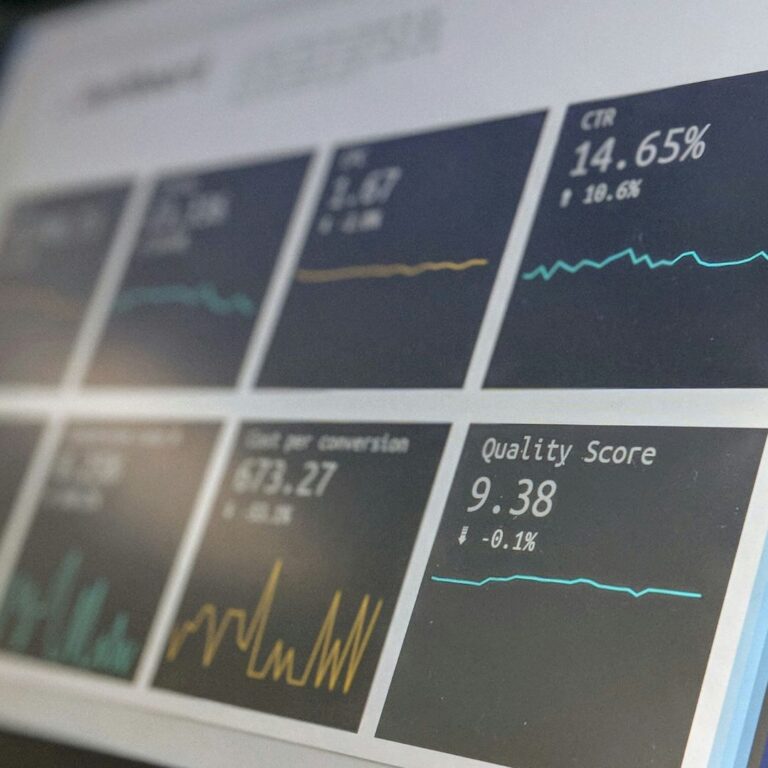10 Ways Advanced BI Tools Help in Decision Making
Business intelligence (BI) is a data-driven approach that transforms raw and unstructured data into structured insights, enabling enterprises to understand their performance and identify improvement areas. Utilizing various tools and software to collect, process, analyze, and present data, BI significantly influences decision-making processes. Instead of relying on intuition and outdated information, organizations leverage real-time insights to comprehend current and future market conditions, giving management better control over their decisions.
This blog explores how advanced BI tools empower enterprises to make informed business decisions.
Core Functions of Business Intelligence
BI helps enterprises collect and store data in a centralized database accessible by all departments, ensuring everyone has the latest information for enhanced collaboration and productivity. Key functionalities of BI include:
- Ad hoc analysis for specific queries
- Cloud-based services like Oracle Business Intelligence Cloud Service
- Supply chain analytics for efficient production, warehousing, and distribution
- Fraud and risk analysis for financial institutions
- Market research and competitive intelligence
Role of Business Intelligence in Enterprises
BI is crucial in various organizational functions to:
- Access both historical and real-time information
- Boost productivity
- Enhance return on investment
- Eliminate bottlenecks
- Shorten product life cycles
- Streamline operations
- Improve internal and external collaborations
- Increase customer satisfaction
Global leaders like Netflix, Adobe, Amazon, Siemens, Cisco, and Philips have achieved significant success by transitioning to data-driven models and investing in business intelligence.
Benefits of Using Business Intelligence Tools
Adopting BI tools can transform how businesses handle data, offering numerous advantages:
- Extract and process vast amounts of unstructured data
- Identify market trends
- Stay ahead of competitors
- Develop better growth patterns
- Foster a self-service culture within the enterprise
- Identify new revenue opportunities
- Utilize AI and ML algorithms for automation
- Enhance flexibility and scalability
- Make data-driven decisions with accurate predictions
- Reduce the risk of human error
Types of BI Tools
Business intelligence tools vary in functionality, serving different enterprise needs:
- Digital Dashboards: Interactive real-time dashboards (e.g., Power BI, Tableau Desktop) presenting data graphically.
- Advanced Spreadsheets: Enhanced open-source and web-based spreadsheets.
- Reporting and Querying Tools: Tools for reporting and processing data based on queries (e.g., Power BI, Oracle Business Intelligence).
- OLAP Tools: Tools for analyzing data from multiple sources and perspectives.
- Data Visualization Software: Tools for creating graphical reports (e.g., Tableau Public, D3.js).
- Mobile BI Software: BI tools accessible on mobile devices (e.g., Zoho Reports, Amazon QuickSight).
- Data Warehousing Tools: Tools for collecting and structuring data in a data warehouse.
- Data Mining Tools: Tools for identifying patterns in large datasets using AI and ML.
- Decision Intelligence: A framework using data analytics, reasoning, and ML for informed decisions.
- Unified Modeling Language: Techniques for specifying and developing business software.
- Cloud-based/SaaS: BI tools accessible via the cloud (e.g., Tableau Online).
- Business Process Management: Tools for managing business performance through planned processes (e.g., Adobe LifeCycle).
Conclusion
Investing in business intelligence tools can significantly enhance individual productivity, sales, and profits, helping enterprises achieve both short-term and long-term goals. Leading BI consulting services can guide organizations in selecting the right BI tools, facilitating a transition to a data-driven model, and gaining a competitive edge in the market.



